Surviving High School Struggles: A Teenage Journey
The journey through high school struggles, regrets, and the path forward.

Let me introduce myself:
I’m a student who just finished 12th grade. Instead of jumping into college, I decided to take
a year “to focus on myself” – coding, blogging, learning guitar, and prepping for the future. Sounds
ambitious, right?
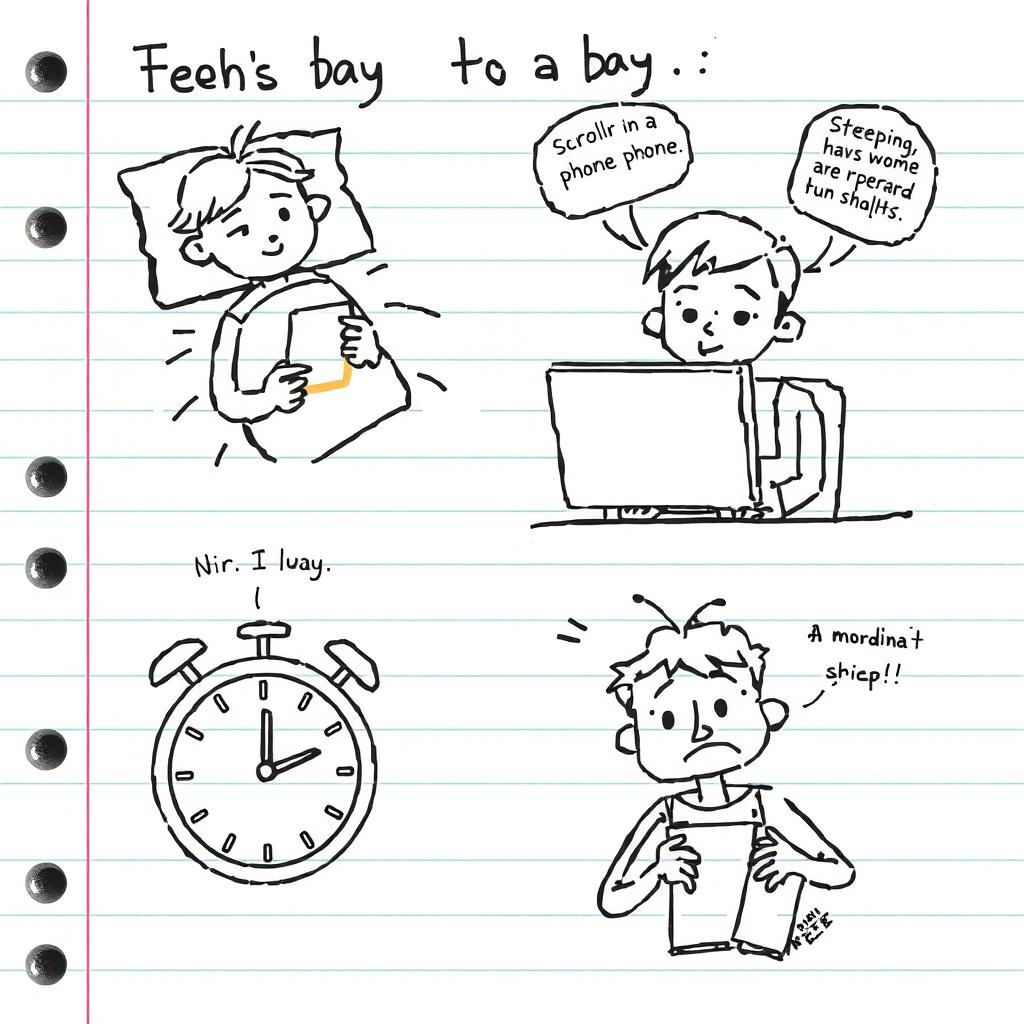
Sound familiar? Whether you’re a gap-year student like me, a college freshman, or just trying to balance studies and hobbies, procrastination doesn’t discriminate. But here’s what changed everything: tiny habits. Not grand resolutions, but small, laughably easy steps. Let me show you how I went from “I’ll fix my life tomorrow” to “Okay, let’s just try this for 2 minutes.”
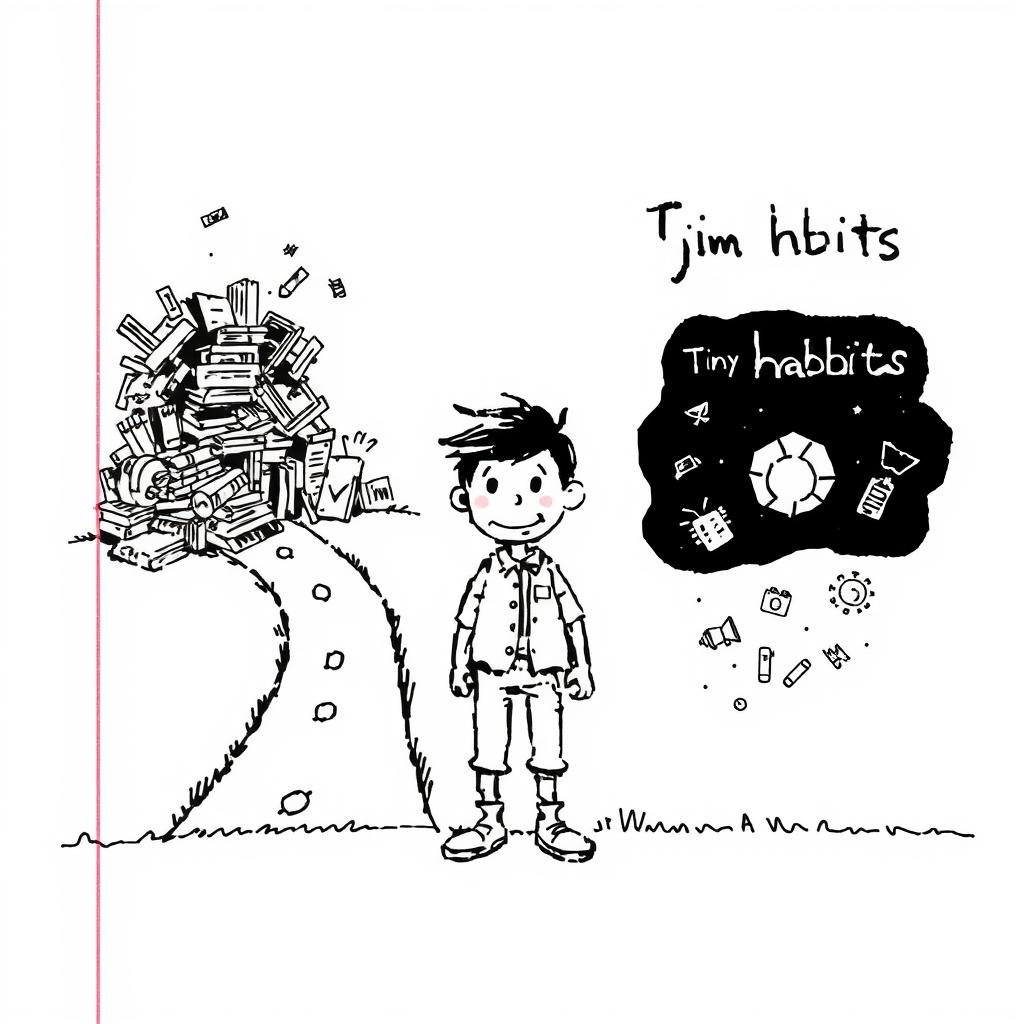
(Spoiler: Because I’m lazy and impatient.)
Everything changed when I discovered the power
of tiny habits—small, laughably simple steps that transformed my “tomorrow” into an “okay, let’s try
this for 2 minutes.” Big goals like “Learn Java!” or “Write a viral blog!” were paralyzing. In
contrast, tiny habits served as cheat codes for productivity. Consider these key ideas:
My First Tiny Habit:
 I began by telling myself, “After breakfast, write one sentence for my blog.” This simple
commitment was easy to stick with. Some days, that one sentence grew into a paragraph; on others, I
managed only to open the document. Either way, it was progress. This tiny habit helped me overcome
the inertia of perfectionism and build consistency in my writing
I began by telling myself, “After breakfast, write one sentence for my blog.” This simple
commitment was easy to stick with. Some days, that one sentence grew into a paragraph; on others, I
managed only to open the document. Either way, it was progress. This tiny habit helped me overcome
the inertia of perfectionism and build consistency in my writing

I always dreamed of conquering coding challenges, but my journey took a practical twist. Instead of the classic "Hello World" routine, I decided to tackle something real: creating a GitHub repository and uploading my entire website there. I started with a tiny habit—spending just 5 minutes after lunch to push a few lines of code or commit a small update. Some days, I fixed a few bugs or tweaked a line of code; other days, I simply committed a placeholder file. Over time, those small steps added up. Before I knew it, I had a fully functional GitHub repo showcasing my website. It was a small victory that made all the late nights and debugging sessions totally worth it.
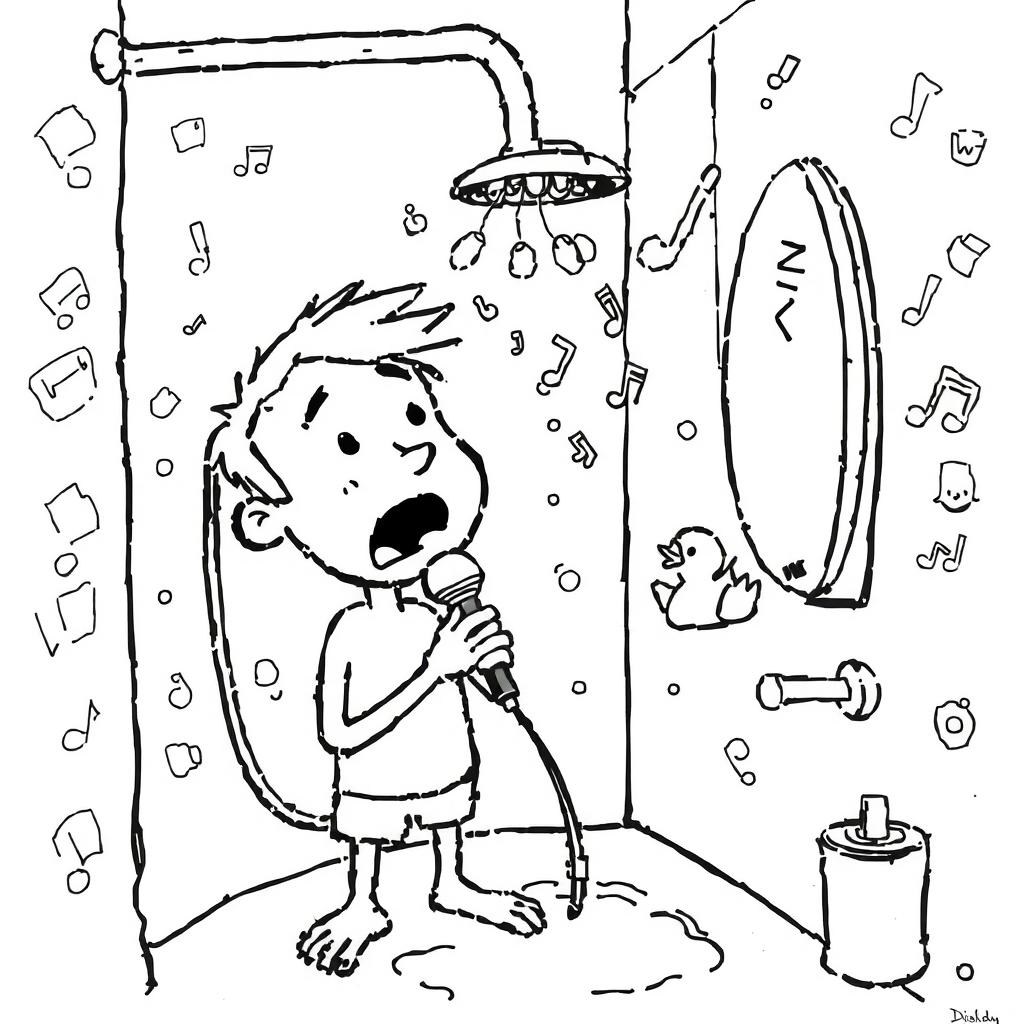

Blogging used to be a battle of overthinking and indecision. I would stare at a blank screen,
paralyzed by the fear of not being good enough. Then I adopted this simple habit: “Jot down
one idea while sipping chai.” This tiny step quickly snowballed into a list of over 50 blog
topics, eight of which I’ve already published. It was a clear reminder that consistent small
actions eventually lead to significant progress.
Here’s my no-judgment guide for students drowning in deadlines, hobbies, or existential crises:
Step 1: Attach Habits to Existing Routines:
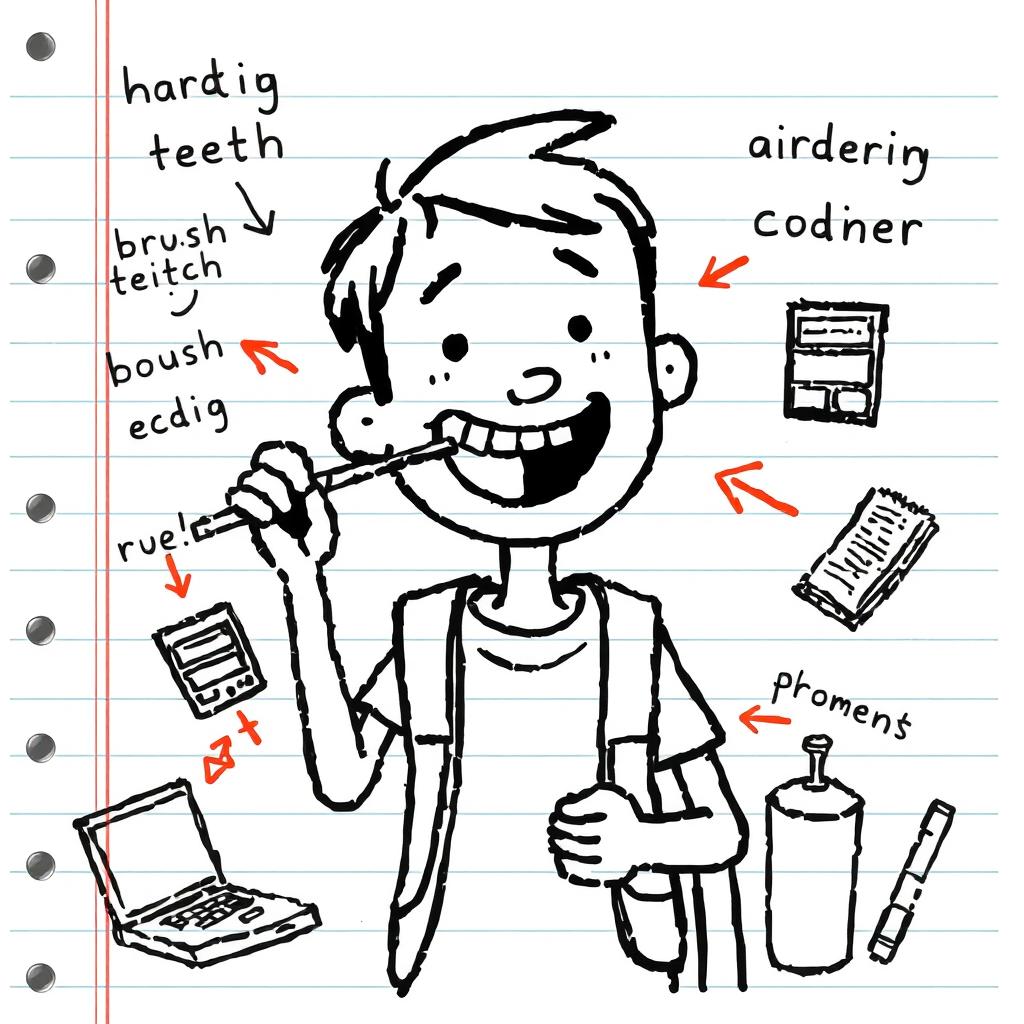 Integrate tiny habits with your current daily tasks. For example, code for 5 minutes after brushing
your teeth or write one sentence after dinner. This method leverages what you’re already doing,
making it easier to adopt new behaviors.
Integrate tiny habits with your current daily tasks. For example, code for 5 minutes after brushing
your teeth or write one sentence after dinner. This method leverages what you’re already doing,
making it easier to adopt new behaviors.
Example:
Why It Works: You’re already doing these things. Piggybacking habits feels natural.
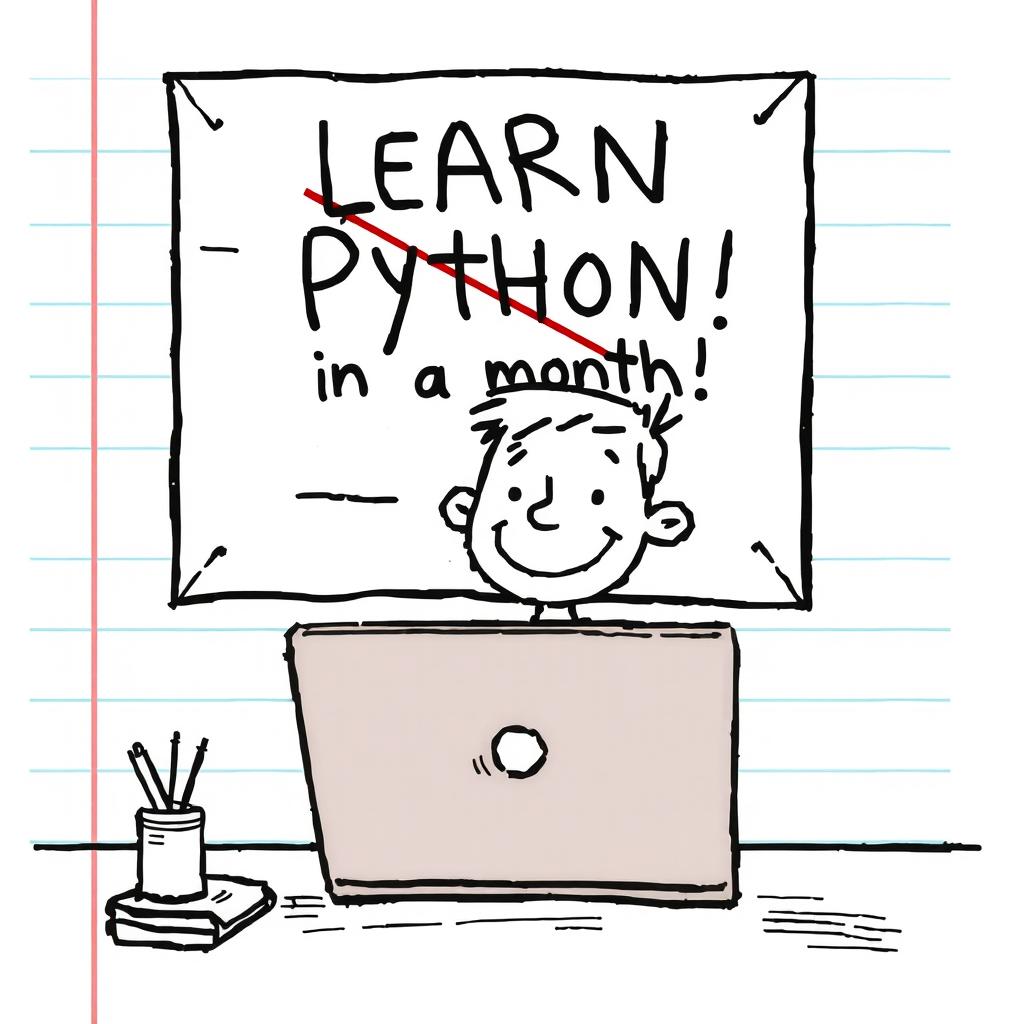
Step 2: Make It Stupidly Easy:
Instead of setting daunting goals like “Learn Python in a month,” opt for a manageable step such as
“Watch one coding tutorial (and skip the rest).” Apply the “Non-Zero Day” rule: if you did
something, no matter how small, you’re winning.
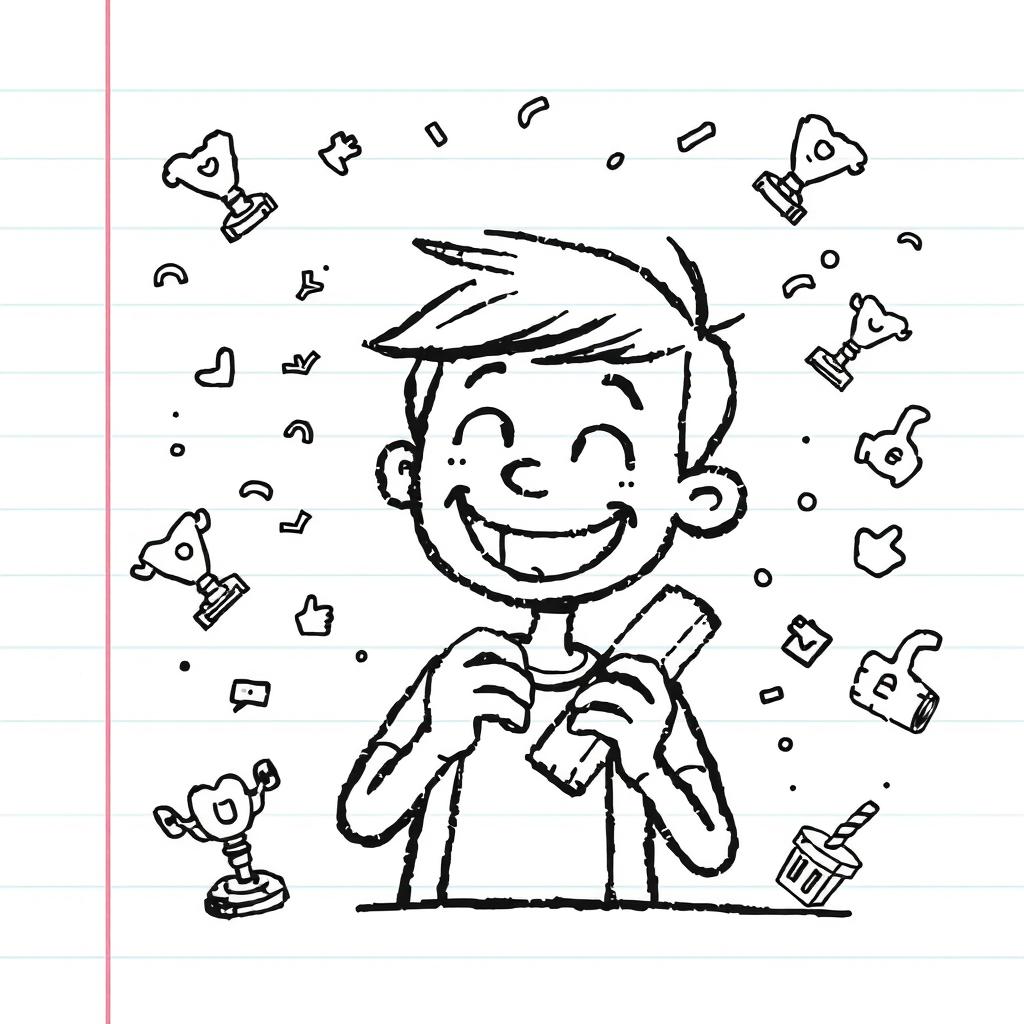
Step 3: Celebrate Like a Student
(Acknowledge your victories, no matter how minor. Celebrating these little successes keeps you motivated and reinforces your new habits.)
I’m still figuring things out. Last week, I alphabetized my spice rack instead of working. But tiny habits taught me:
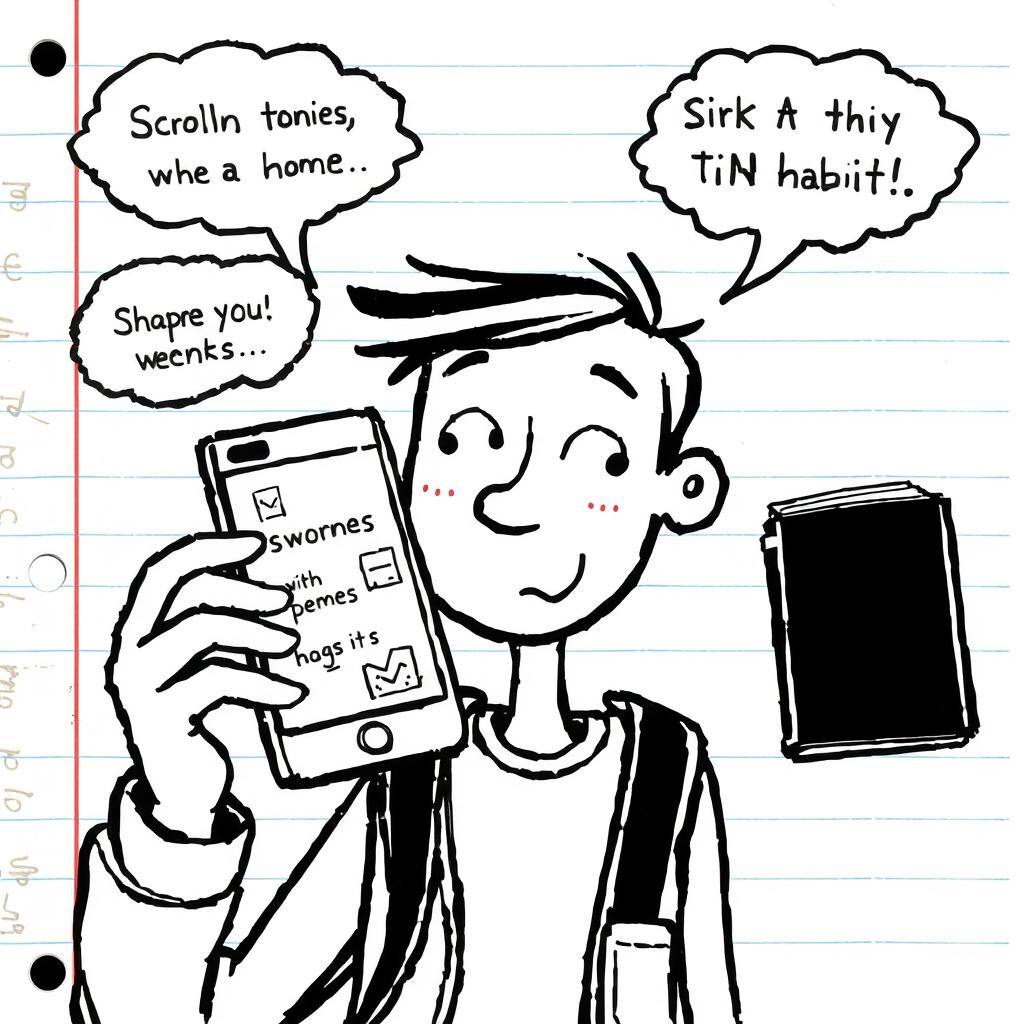
Pick ONE tiny habit – any habit:
Key thing is that "do something, even if it's small it will be counted"
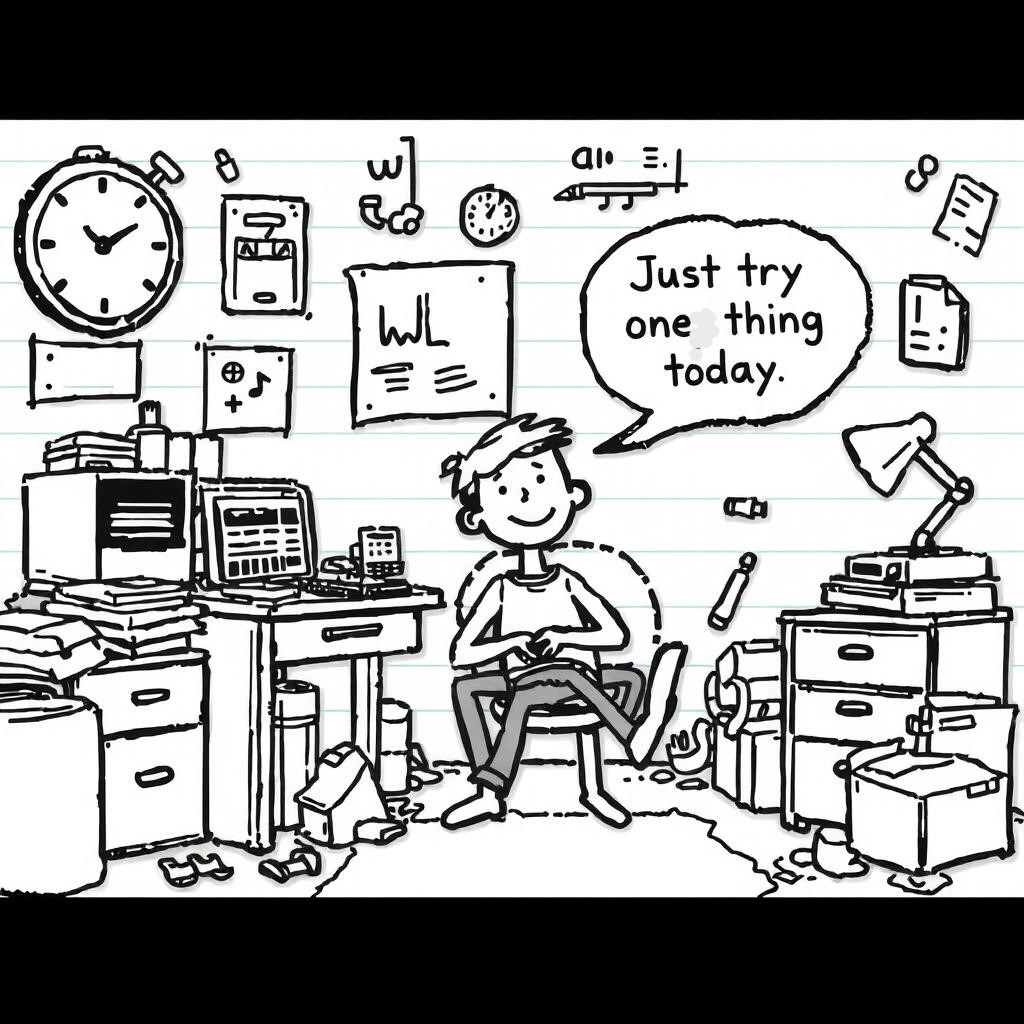
You don’t need a 5 AM routine, a bullet journal, or a perfect GPA. Just be the student who tries one
tiny thing today, all you need is Consistency. And if you fail? Try again tomorrow. I’ll be
there too – probably eating cereal
for dinner, but trying.
(Funfact: It took me 3 days to complete this blog 😊! Small step at a time YK.)